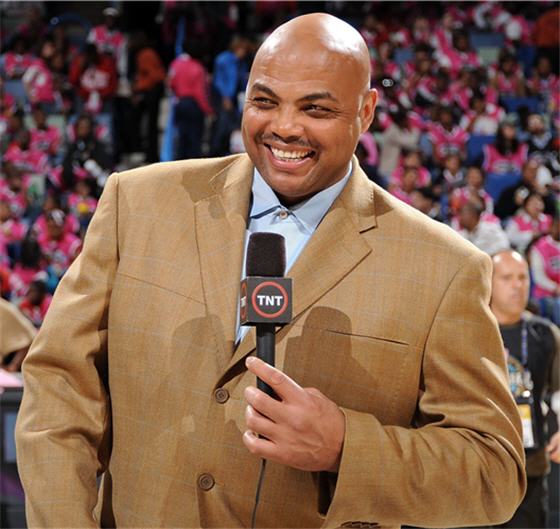When the lights go down…
Poignant emotion. Vivid remembrance. A culmination of a string of hard work. These are the things we generally associate with endings.
But, what is an “ending” really? Is it a “be-all, end-all” moment after which nothing will ever be the same? Or is it possible that it could represent a beautiful, new beginning?
To me, the beauty of an “ending” shines through with about a minute left on the clock, no timeouts and 80 yards to drive for all the marbles. Or the bases are loaded, 2 out, bottom of the ninth. Or there are 5 seconds left, you’re down a point and waiting to inbound the ball. Or the game has just gone to sudden death, and the next goal decides it all.
Sports has a way of creating these endings for us hundreds and even thousands of times a year. It is one of the few outlets in today’s media-driven culture that almost guarantees real, purified drama. As prospective broadcasters, this is what we live for.
Even though we’re not physically involved in the events and games we cover, the adrenaline that pumps through our veins when gritty competition unfolds before our very eyes is unmatched. That feeling is something we are always chasing, and there is simply nothing else like it.
I hope that all of you out there continue to hold your passions for this business near and dear to your heart. After all, the more of us who care, the more sports broadcasting can only grow in its ability to enhance the presentation of sporting events to the public. Be relentless. Make the magic happen.
And now, for some exit music….



